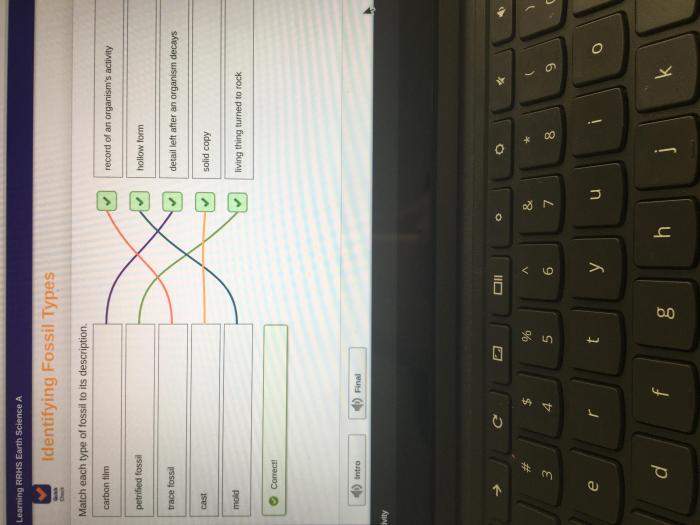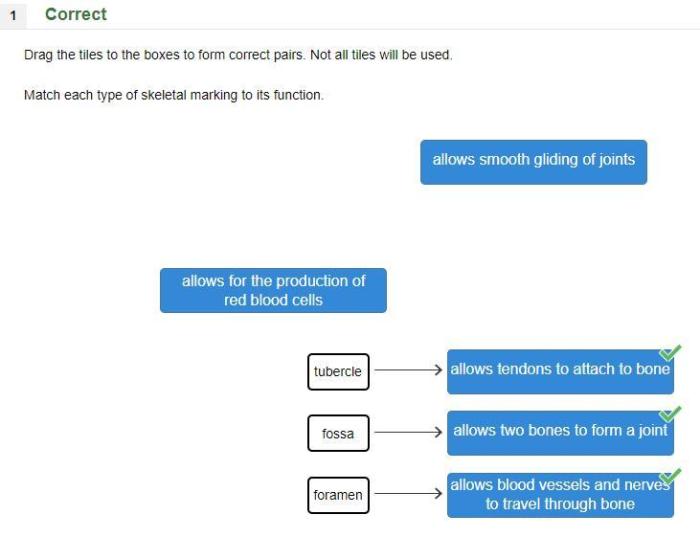Match each type of psychotherapy with the appropriate scenario. – Psychotherapy, with its diverse array of approaches, has emerged as a cornerstone of mental health care. This comprehensive guide delves into the intricacies of various psychotherapeutic modalities, providing a framework for matching each type with the appropriate scenario.
From the depths of psychodynamic exploration to the practical tools of behavioral therapy, this discourse unravels the key principles and techniques of each approach. Real-world examples illustrate their applications, empowering readers to make informed decisions about their therapeutic journey.
Psychodynamic Psychotherapy

Psychodynamic psychotherapy is a form of talk therapy that focuses on exploring the unconscious mind and its influence on behavior. It is based on the belief that early childhood experiences and relationships shape our personality and mental health.
Psychodynamic psychotherapy typically involves weekly or bi-weekly sessions with a therapist. The therapist uses a variety of techniques to help the client explore their unconscious mind, including free association, dream analysis, and transference.
Key Principles of Psychodynamic Psychotherapy
- The unconscious mind plays a significant role in our behavior and mental health.
- Early childhood experiences and relationships shape our personality and mental health.
- Defense mechanisms protect us from anxiety and other painful emotions.
- Insight into the unconscious mind can lead to personal growth and change.
Techniques of Psychodynamic Psychotherapy, Match each type of psychotherapy with the appropriate scenario.
- Free association: The client is encouraged to say whatever comes to mind, without censorship.
- Dream analysis: The therapist helps the client interpret the meaning of their dreams.
- Transference: The client unconsciously transfers feelings and attitudes from past relationships onto the therapist.
- Countertransference: The therapist’s own unconscious feelings and attitudes can influence the therapeutic relationship.
FAQ Overview: Match Each Type Of Psychotherapy With The Appropriate Scenario.
What is the primary focus of psychodynamic psychotherapy?
Psychodynamic psychotherapy delves into unconscious processes, exploring the influence of past experiences and relationships on current thoughts, feelings, and behaviors.
How does CBT differ from other therapeutic approaches?
CBT emphasizes the connection between thoughts, emotions, and behaviors, challenging negative thought patterns and promoting adaptive coping mechanisms.
What are the key benefits of group therapy?
Group therapy provides a supportive and interactive environment, fostering a sense of belonging, shared experiences, and the opportunity to learn from others.


